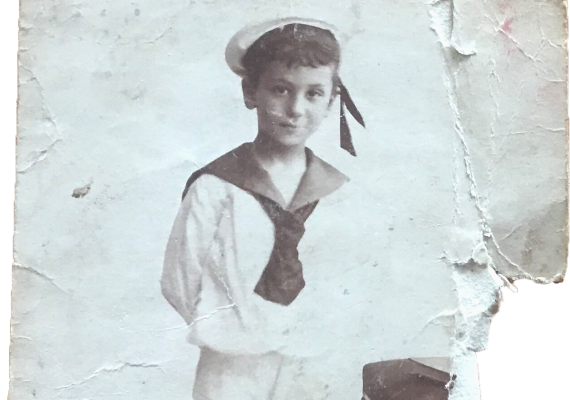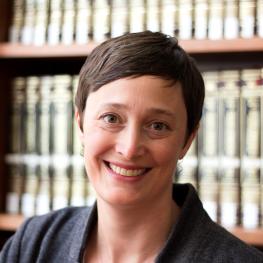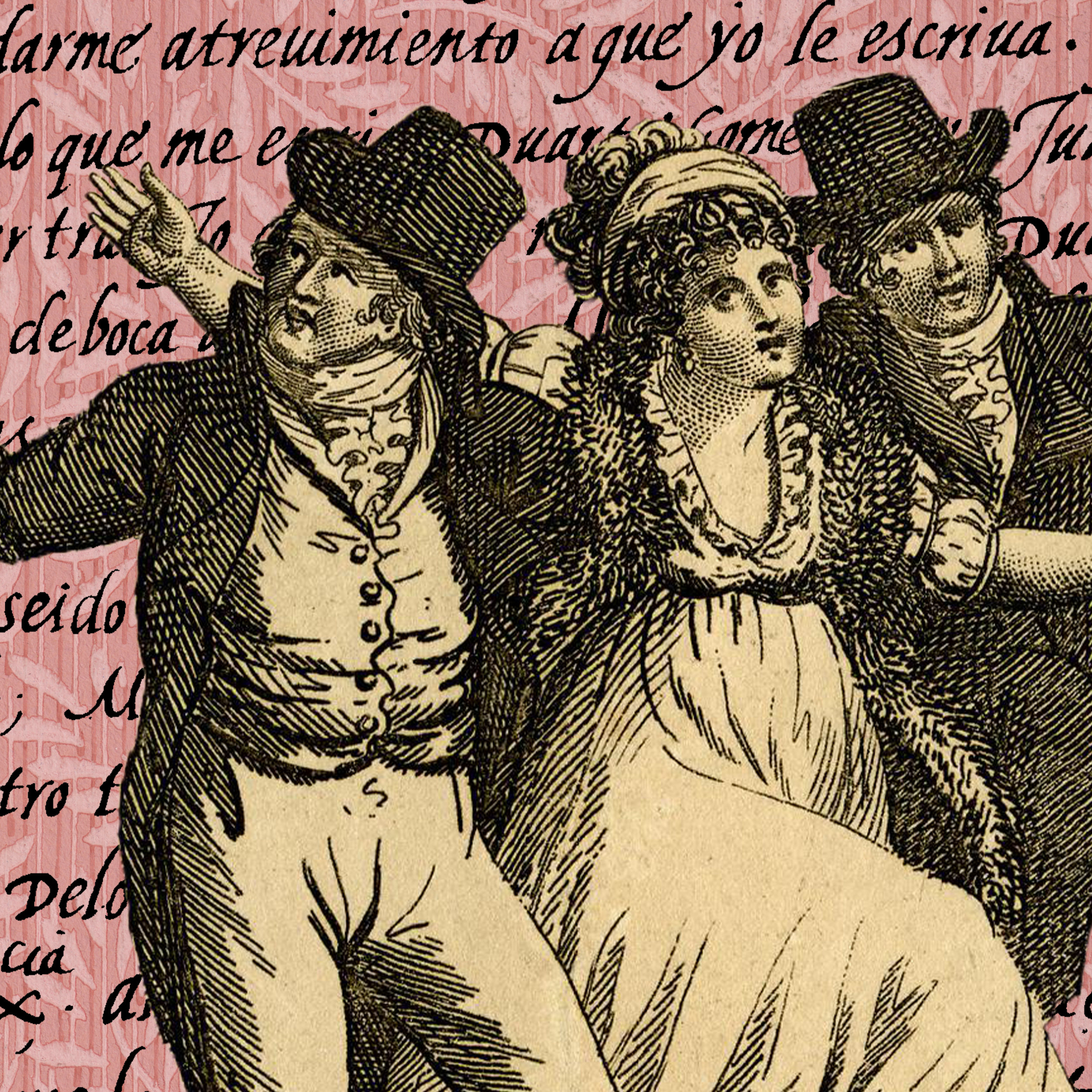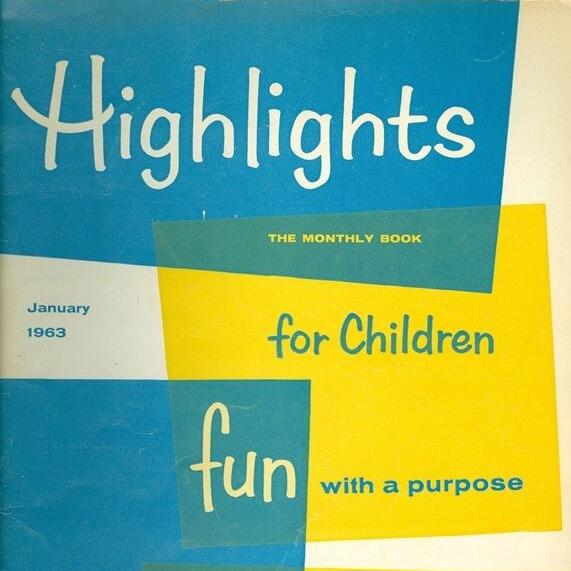New Essays on Sephardi and Mizrahi Modernity
JQR’s latest forum, on the modern history of Jews in the Middle East, upends Western-centric narratives of modernity.

Caption: Photograph of Graziella Benghiat’s son Alexis around age six. Collection of Michel Venghiattis. From the essay by Julia Phillips Cohen in this forum.
The following is adapted from Anne Albert’s introduction to the forum in our pages.
The latest JQR forum brings together short-form essays on modern Jewish culture in the Middle East and North Africa (MENA). This area of Jewish studies is also understood as the world of Mizrahi and Sephardi Jews, and in defining the subject in the latter way, we move from a purely geographic conception to an ethnic and cultural designation. At the same time, however, we implicitly signal, and perhaps perpetuate, the marginalized status this population retains within Jewish studies and the historiography of Jewish modernity.
Indeed, early narratives of Jewish modernization hardly took account of these regions and populations at all; broadly speaking, the first expositors of “Jewish modernity” characterized it in terms of select features of Jewish life in the West. MENA Jews were either unseen or seen as decidedly unmodern (and incapable of modernization) in a picture focused on nineteenth- and early twentieth-century European (and American) experiences in newly secular liberal states, experiences that included the granting of citizenship rights and the development of new Jewish movements from Reform to Orthodoxy, assimilation, and nationalism.
The paradigms of Emancipation and secularization so dominated discussions of modernization as to give a false sense of their universality. The essays in the present forum show how far we have come, both in repopulating the historiographical canvas with Mizrahi and Sephardi Jews and in allowing their history, in turn, to change our understanding of the whole. In some ways, the Jews of MENA looked “modern” before their Western counterparts did—and in other ways continued to look less so well past the age of modernity. The short essays assembled here in fact show us again and again that structures and status, interaction, citizenship and law, mindset, and self-interest were highly varied and not at all compliant with a unidirectional march from separate to assimilated, from religious to secular, from disempowered to emancipated. Emblematic of the acknowledged efflorescence of scholarship in this area today, these scholars help us rethink Jewish modernity—and modernity writ large.
In today’s world of renewed lachrymosity, we may already understand the dynamics of the “modern” differently than did the historians of the late twentieth century. In light of October 7, surging antisemitism, and new divisions among Jews, not to mention the rise of autocratic leaders across the globe, we may now perceive elements of dystopia and disaster as warp behind the more visible woof of Western modernity.
That shift in perspective on the dominant narrative is compounded by sustained inquiry into Mizrahi and Sephardi contexts, as MENA Jewish history by turns troubles, enriches, and seems to run orthogonal to that of the West. Essays in this forum by Dina Danon, Julia Phillips Cohen, Tamir Karkason, Jessica Marglin, Annie Greene, Nancy Berg, Yuval Evri, and Aviad Moreno provide a sampling of complex lives and activities in which seemingly straightforward categories like foreignness and citizenship, feminism, religiosity, privilege, and victimhood are turned upside down or inside out.
Indeed, they offer far more than a foil or counter to Western Jewish stories. They stand as worlds unto themselves and invite observers to experience the East as center. The story of the West, in turn, becomes peripheral or problematic, encouraging us to rewrite its history as well.
Click through to the whole forum, which you can read and download without a subscription through January 31, 2025.



